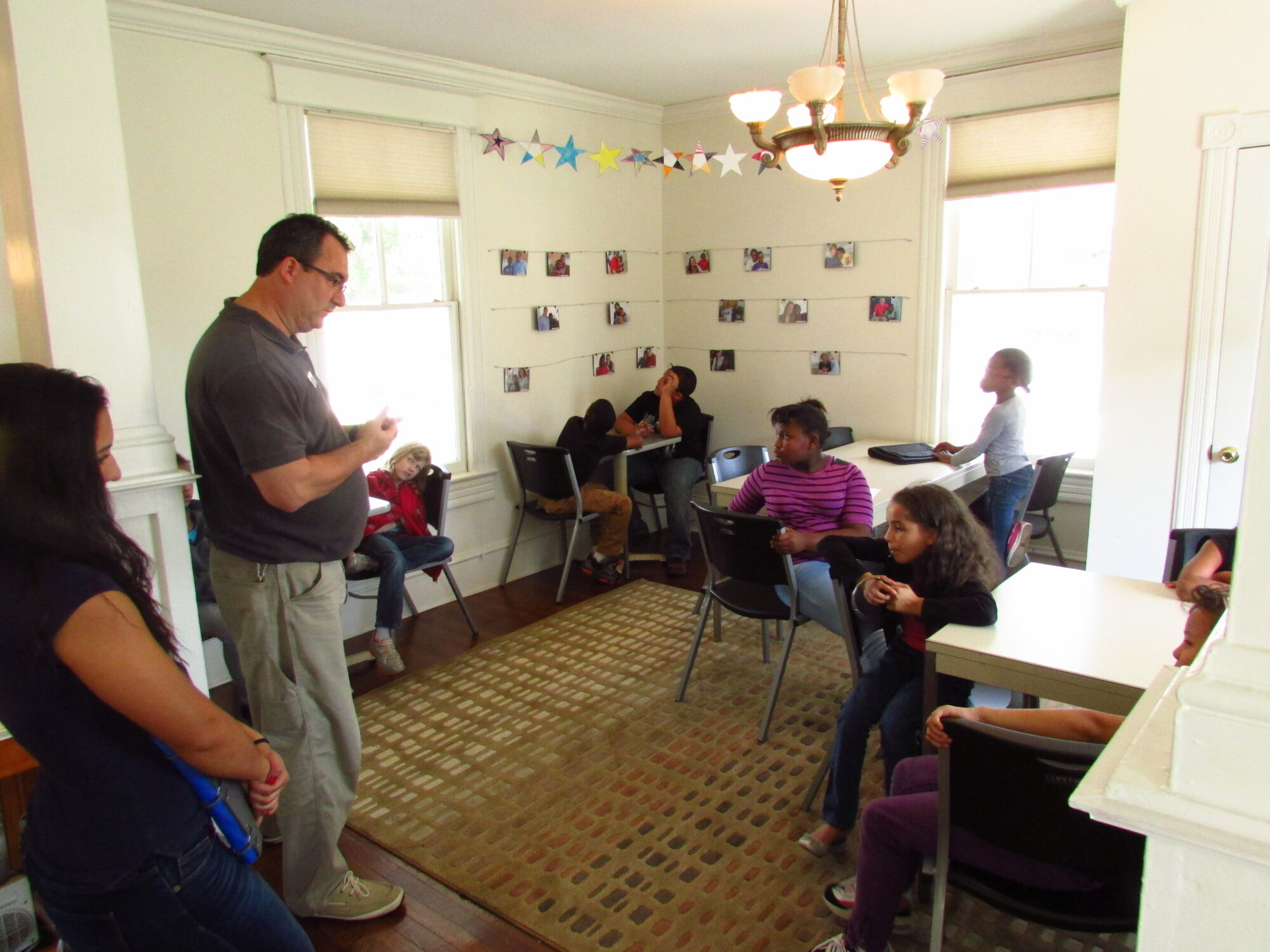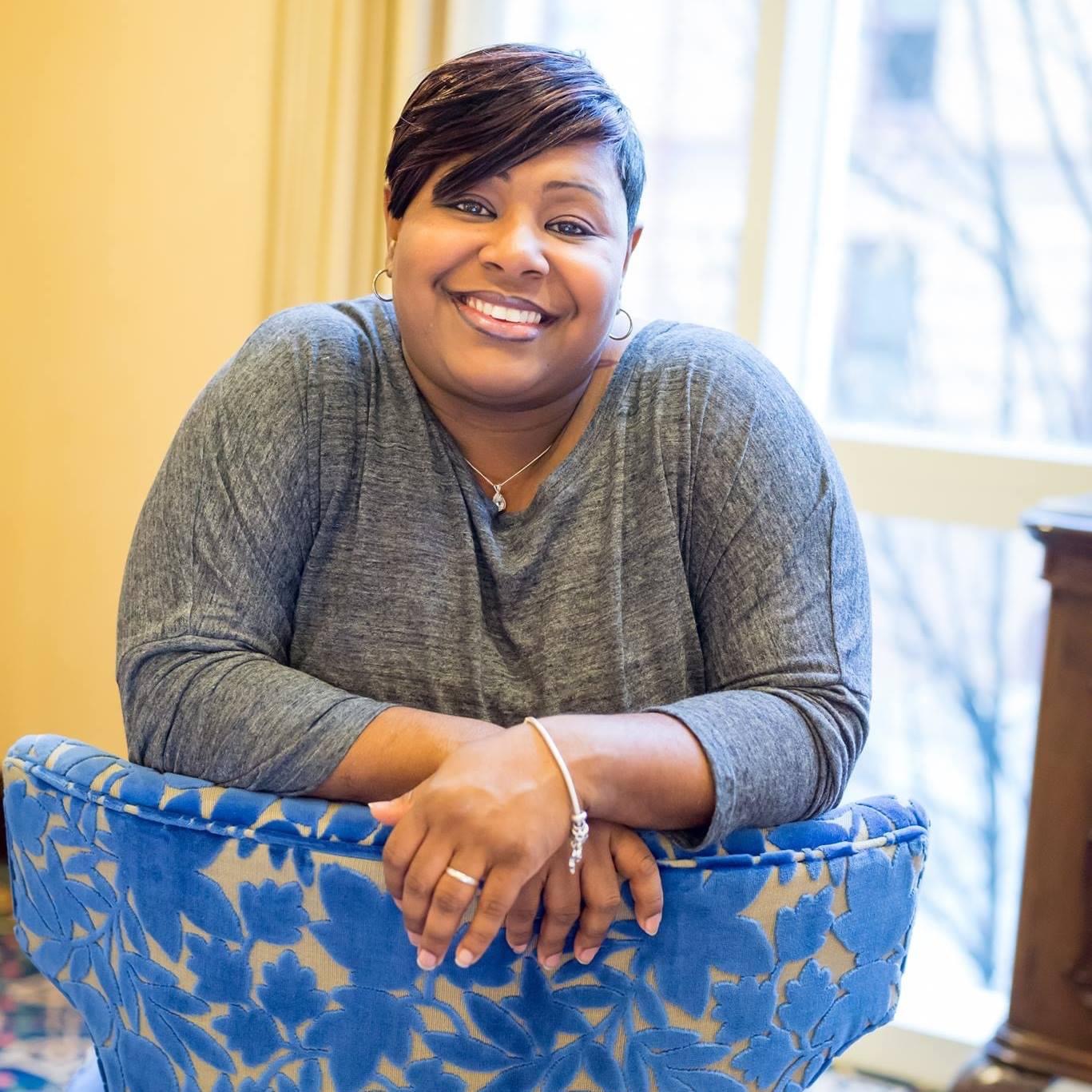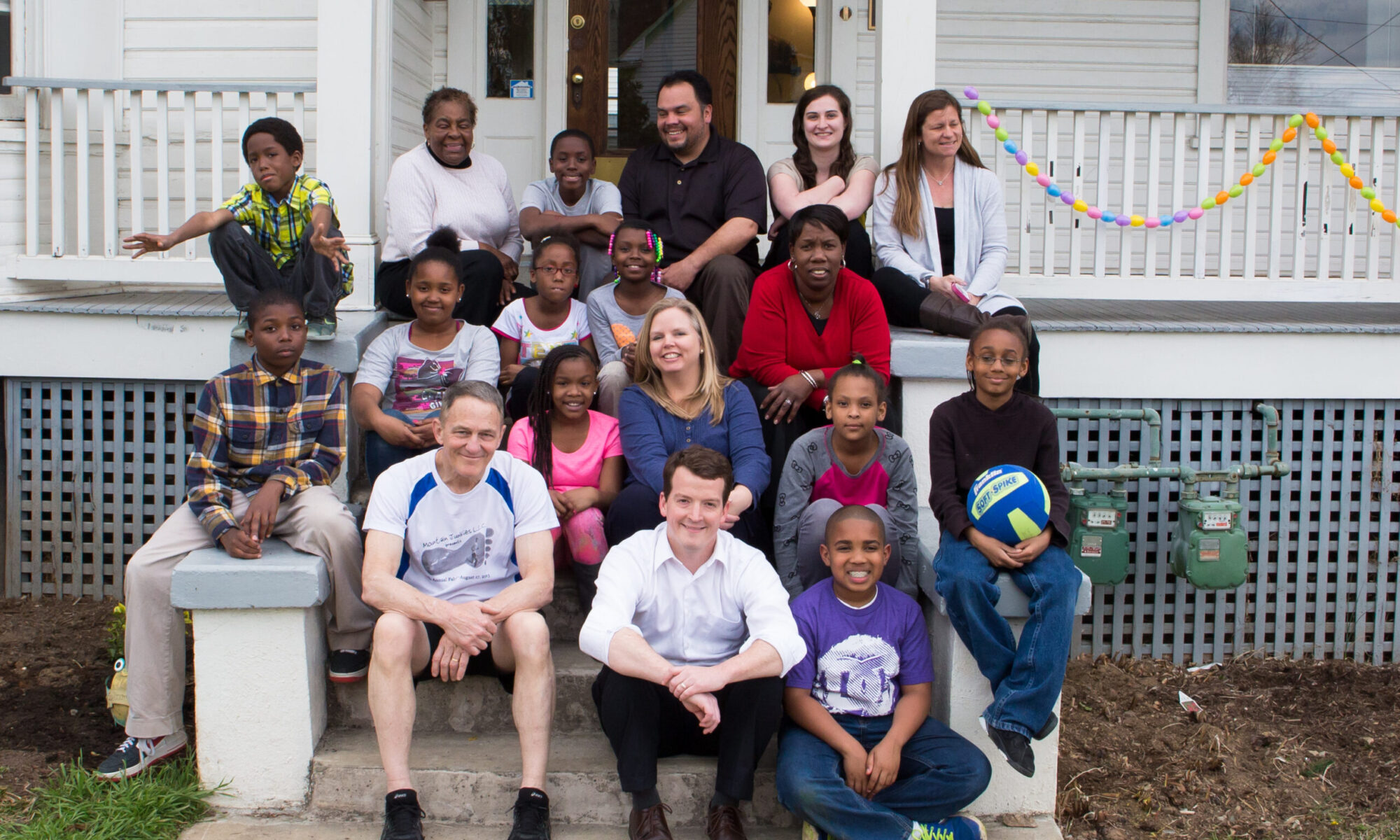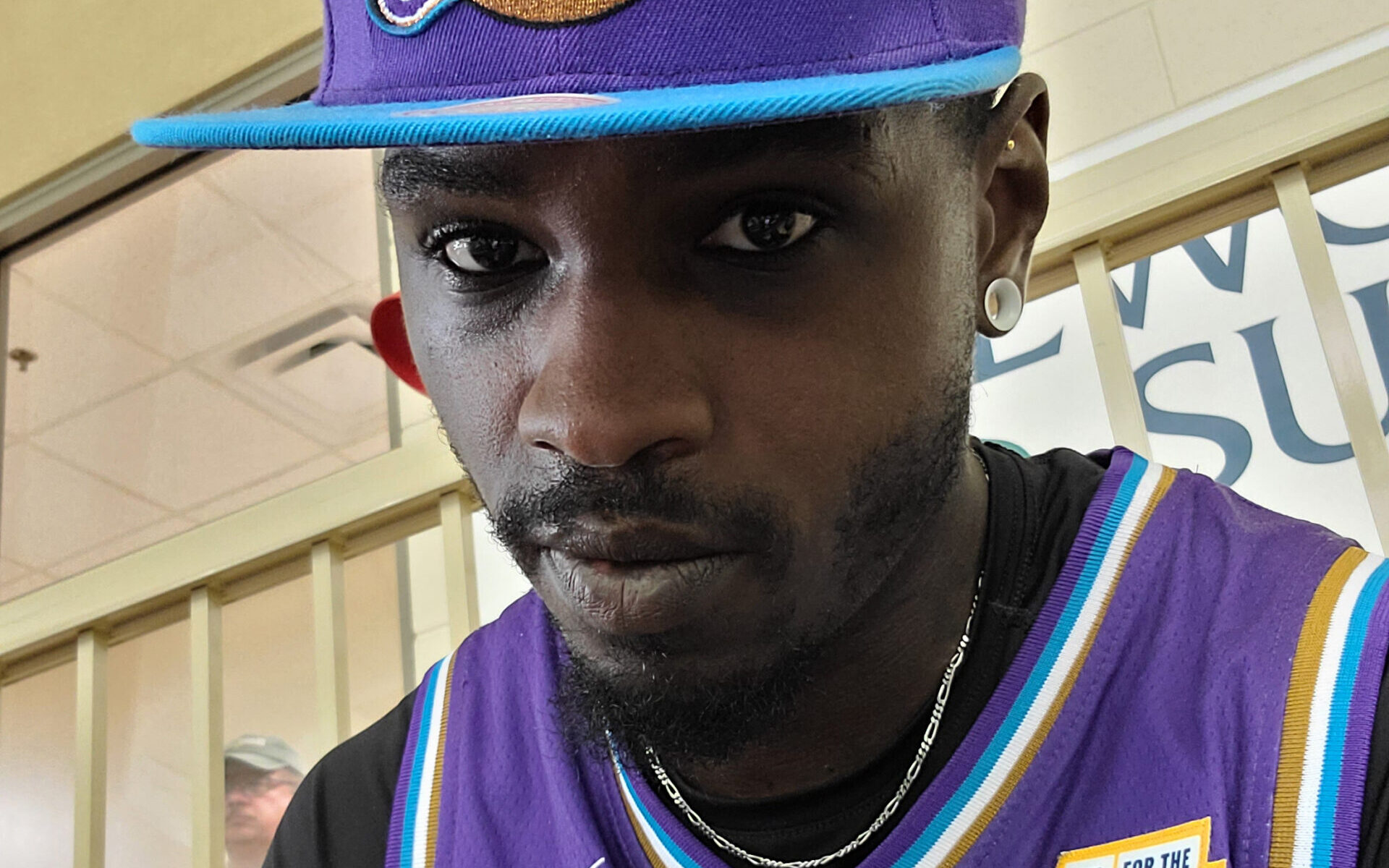Mentoring Can Make the Difference
Some of Fred Rogers’ most well-known advice for young kids is to “look for the helpers” when they feel overwhelmed. And these days, after the turmoil and social disconnection of the last several years, kids can’t have enough helpers to turn to. If you’d like to become a helper in your community, now is the perfect time to start, as TAP is recruiting mentors for our youth programs. Mentoring young people is one of the easiest ways to get involved—and make a big difference.
CAN WE PREVENT VIOLENCE IN OUR COMMUNITY?

The risks can be high for young people coming of age in the current environment. The City of Roanoke Gun Violence Prevention Commission recently published the “Roanoke Youth and Gang Violence Community Assessment – Final Report.” The findings suggest a climate of unease and show a shared sense that violence is rising.
Digging into the assessment is revealing. Although a low number of youth/student respondents indicated they are in gangs, those who are cited social motivations as reasons for joining. Other commonly cited reasons were “to make money,” “for protection,” and “for fun.” As the assessment notes on page nine, “Gang culture for these participants provides both emotional and material fulfillment.” Knowing this, we must envision non-violent ways to offer young people the same kinds of connections for social support, fun activities, and avenues to good jobs.
And the youth themselves said as much. When asked what they thought was the best way to prevent violence and gang activity, their top responses were “more jobs for young people,” “more activities for youth to do after school,” and “free individual counseling at schools or community agencies.” Interestingly, both community members and community leaders cited mentoring as one of their top solutions to reduce gang problems in the community. In fact, it was the most common solution cited after “increased parenting time,” and “more jobs for young people.”
HOW DOES TAP HELP?
Our Housing and Human Services component supports people who have experienced trauma, including many types of violence. Working with trauma survivors, we’ve learned that one-on-one mentoring and group mentoring can be huge assets when people want to change their lives. We know mentoring can’t replace parents or create jobs out of thin air. However, it increases social connections and expands support networks, which can help youth emotionally, developmentally, and professionally. Nicole Ross, TAP’s family mentor coordinator, has worked in the mentoring field since 2011. In her experience, a mentor “can give young people the support they’re lacking” at a critical moment. This is true no matter the focus of the activity.
When asked what makes a good mentor, Ms. Nicole—as the kids call her—is quick to point out that it’s not professional skills or expertise that makes a good mentor. “First thing is a passion for young people—to step into their life and make a difference. You need to be a good listener and have patience,” she says. “But most of all, just having a good spirit.” She says showing up consistently is one of the most important traits a mentor can have.
MAKE THE DIFFERENCE
If you think you might make a good mentor, please consider sharing your time with the community. We’re recruiting group mentors for our summer activities, which range from arts and crafts sessions to STEM activities and beyond.

“If you can commit to spending quality time, and follow through, you’ll make a great mentor,” Ms. Nicole says.
You can make a difference in your community, and in the lives of your young neighbors. We can help you take the next step. To learn more, donate time, or help fund activities, contact Nicole Ross at 540.354.2212 or Nicole.ross@nulltapintohope.org.


